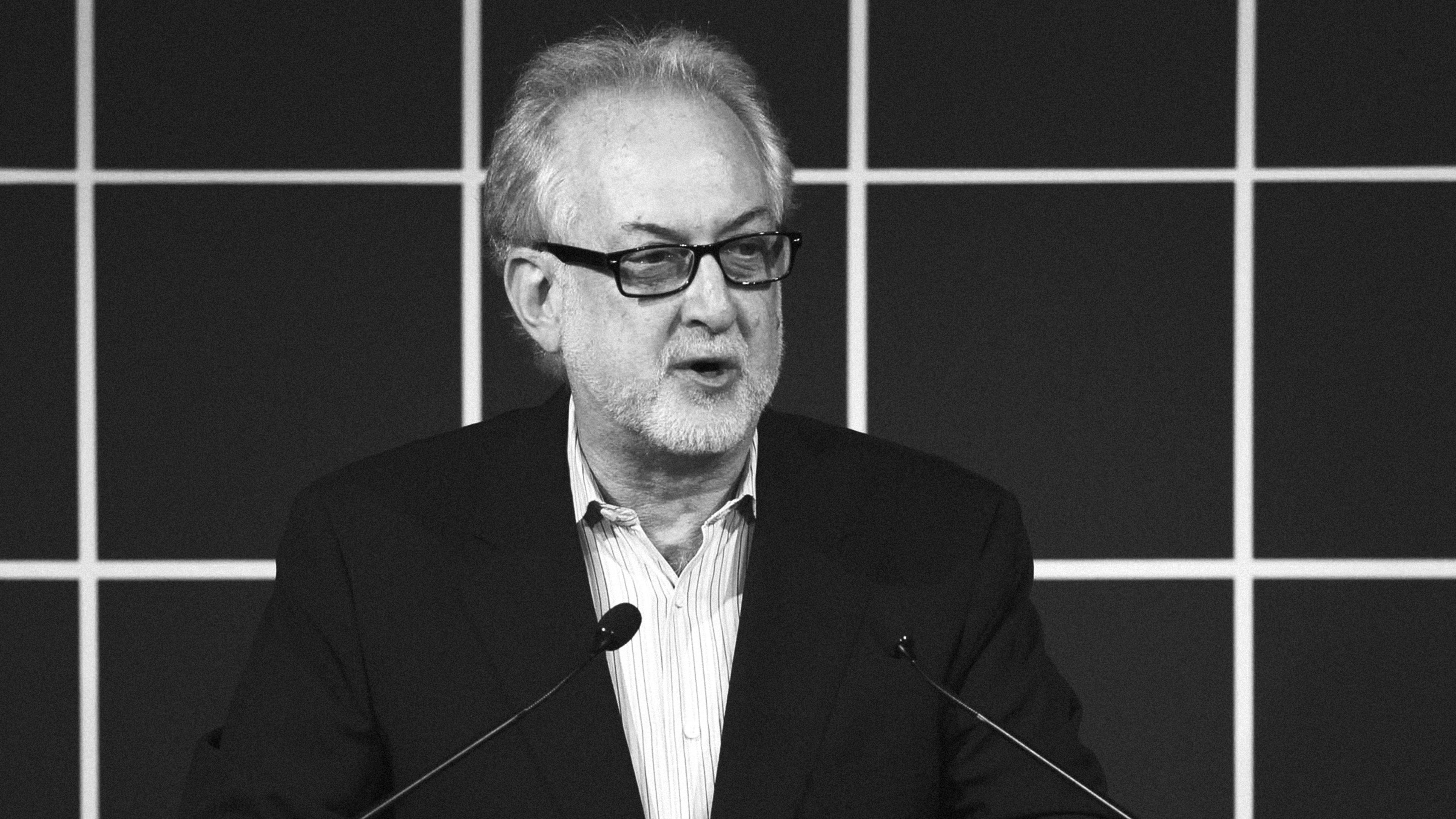Architect, urban planner, author, and critic Michael Sorkin died this week from complications related to COVID-19. The news was first reported by architect Warren James and Archinect. He was 71.

He was also an active practitioner. He founded the architecture practice Michael Sorkin Studio in the early 1980s and the nonprofit urban research lab Terreform in 2005 (since renamed Terreform UR). He was an early proponent of designing cities to be sustainable for the earth and equitable for all people. Many of his ideas—such as green roofs and sustainable energy sources—have become part of mainstream architecture and urban planning. In his view, even small green spaces could mitigate traffic and create “happy accidents” for citizens. As he put it to the New Yorker in 2015, while working out a plan to make New York a completely self-sufficient city full of solar panels and vertical farms, blocks should be seen not as fixed concrete but “as stem cells: transmutable.”
Since the news broke, many people in the architecture community have paid tribute to Sorkin’s life and work.
“RIP Michael Sorkin,” architecture journalist Fred Bernstein wrote on Facebook. “A brilliant and dedicated designer, mentor, author, provocateur, and moral force. The conscience of the architecture world.”
Also on Facebook, architect Toshiko Mori wrote, “I have known Michael for ages since teaching together at Cooper… He was a smart precise observer of urban life and urbanity. [H]ow… strange that [a] virus that thrives on density took him away from us …no words.”
Recognize your brand’s excellence by applying to this year’s Brands That Matter Awards before the early-rate deadline, May 3.
